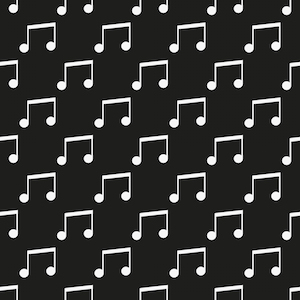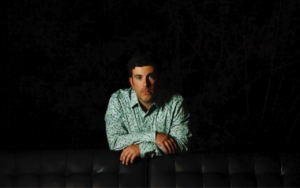
Just as driving a school bus, flying an airplane, and operating heavy machinery (legally!) require the appropriate credentials, specific licenses are required to legally distribute, adapt, and publicly perform music.
Knowing which licenses exist and how to obtain them can save headaches, aggravation, and most importantly – legal fees incurred from copyright violations (money that we’d all rather spend on cool instruments and better recording gear!)
The Golden Rule of Music Licensing
Like most forms of intellectual property, copyright, and large automobiles — if you don’t own or control it, you need a license to use it. While there are some exceptions to this (such as public domain works), the golden rule is a common guideline that can helpful in determining what rights need to be licensed and how to obtain them.
Are you using a composition, a sound recording, or both?
In order to determine the appropriate license, you’ll first need to ask the question – what am I looking to use? Are you creating a cover song? Are you sampling an existing recording? Knowing the difference between compositions and sound recordings is key to determining the necessary license.
Compositions (the underlying structure of the song, including melodies, lyrics, chords, etc.) and Sound Recordings (the fixed master recording and/or audio file) are two separate copyrights. Compositions are often called “publishing rights,” while recordings are “master rights.” Music publishers and songwriters control the publishing rights, and record labels and recording artists (if they own the label) own and control the master rights.
Still confused? Don’t worry! Publishing can be a difficult concept that can be understood via an analogy. If sound recordings are the building, then compositions are the blueprint. Without the blueprint, there’s no way to exactly replicate the building (at least not without some heavy-duty architectural know-how, years and years of schooling, etc.). The blueprint provides the necessary information to create the building much like the musical composition outlines the chord progression, melody, and lyrics needed to create the sound recording.
What do you want to do with the music?
Now that you understand the difference between compositions and sound recordings, it’s easier to determine what license we need.
Make a Cover Song: Cover songs have always been popular, and are now witnessing an unprecedented uptick by way of tribute albums and song sessions (The Flaming Lips doing Pink Floyd, Beck’s Record Club), the popularity of American Idol and Glee, branded entertainment like Levi’s Pioneer Sessions or The AV Club’s Undercover series, and as bonus cuts to digital-only releases. If you’re looking to record your own version of a song, you’ll need to secure a mechanical license from the appropriate music publisher. Under U.S. Copyright Law, mechanical licenses are required if you want to record or distribute a song that you do not own or control.
Use a Sample: If you’re using a pre-recorded track (ie. the recording of Van Halen’s “Jump” in a new recording), you’ll need to clear BOTH the sound recording copyright with Van Halen’s record label as well as the mechanical license from the music publisher to use the underlying composition. Since you are creating a derivative work, this is an area that requires negotiating as there is no standard rate and will require direct contact with all parties.
[Check out “How to legally clear the samples you use in your music.”]
Cover Song: Getting a Mechanical License
In the United States, artists and record labels are typically responsible for clearing the right to use cover songs (ie. third-party compositions) via a mechanical license.
A mechanical license is a broad term that refers to the reproduction for distribution or sale of musical compositions in the form of sound recordings. Any time you produce a recording of a composition you do not control you need a mechanical license. The mechanical license is often limited to one configuration (such as a physical CD/album vs. a digital download vs. a ringtone). Almost all publishers require a separate license for each use.
There are many entities that can assist in clearing mechanical licenses. CD Baby offers this service through our cover song clearance partnerships — providing a one-stop online tool for artists, bands and labels to clear cover songs and third-party compositions for digital downloads, physical albums, and ringtones. Customers can create an account and finalize their mechanical licensing within minutes via a simple process. Check it out HERE.
